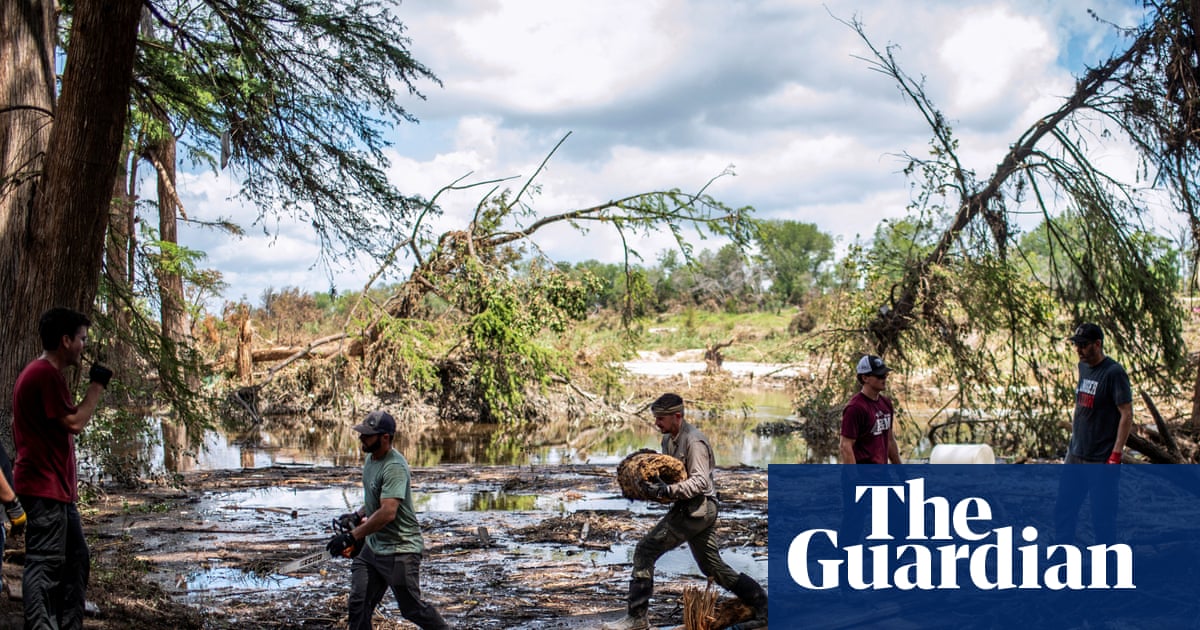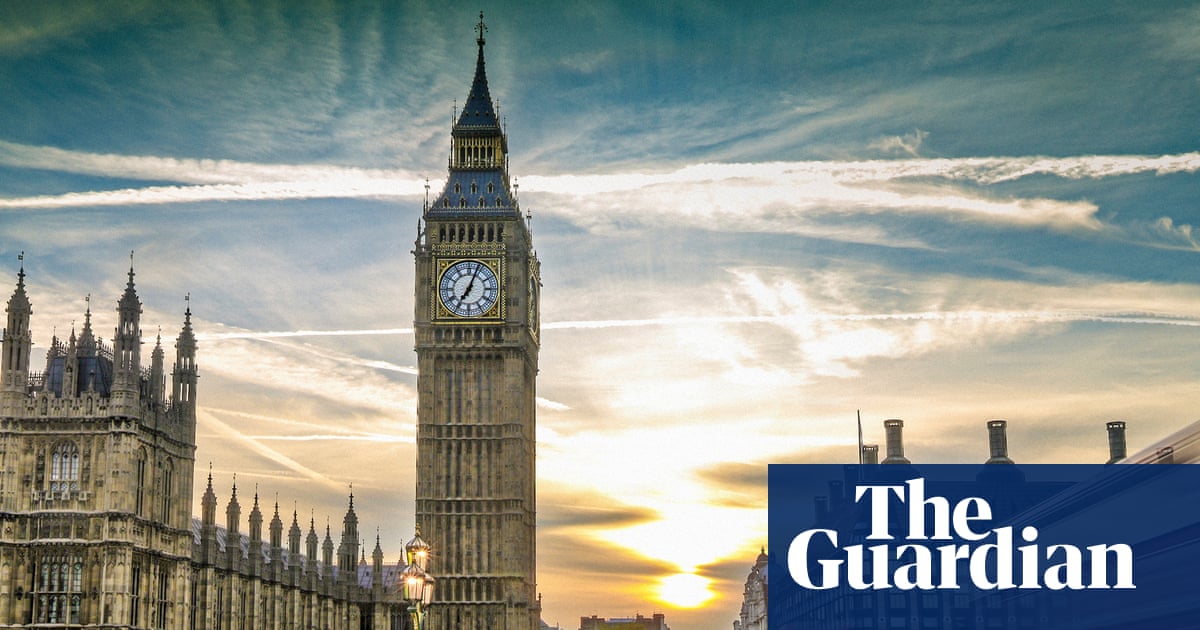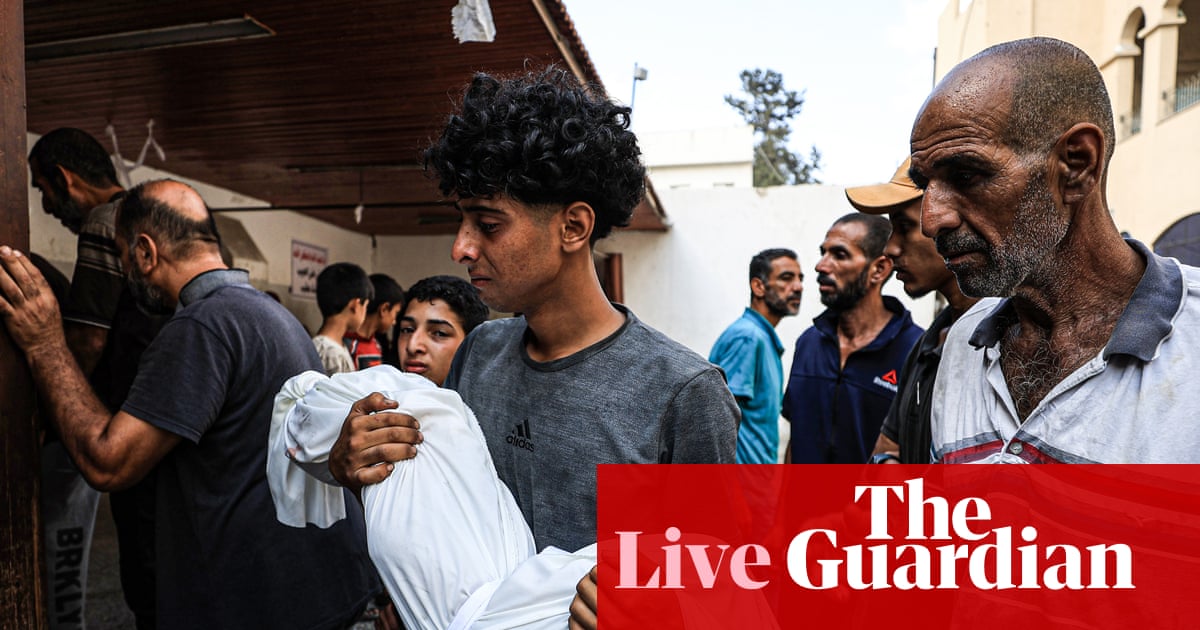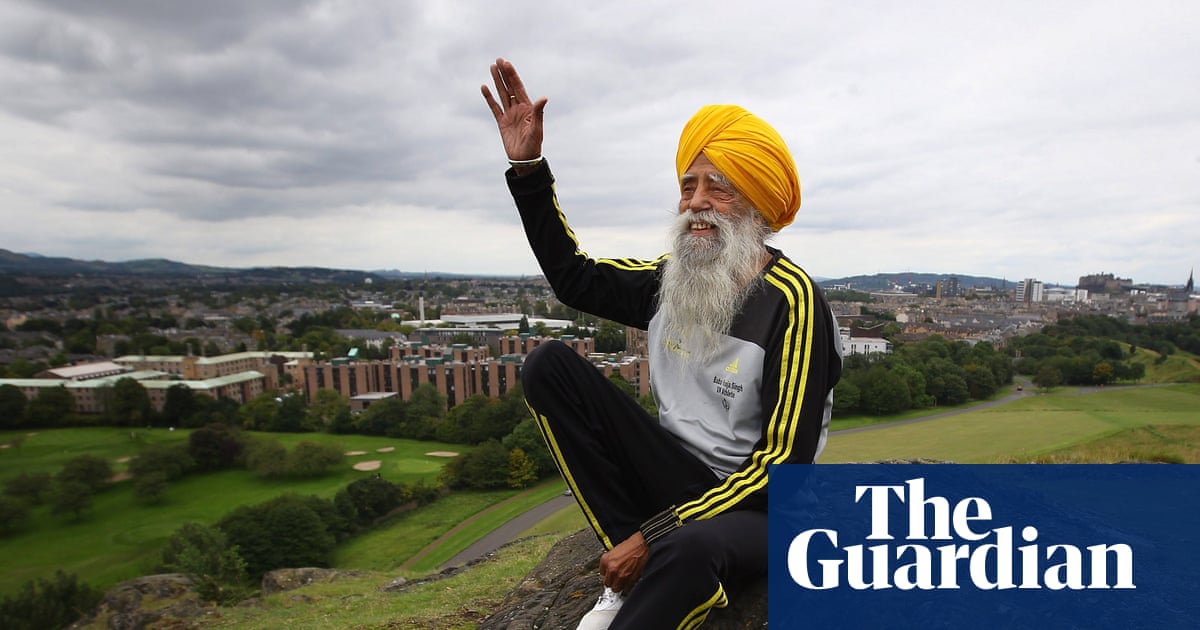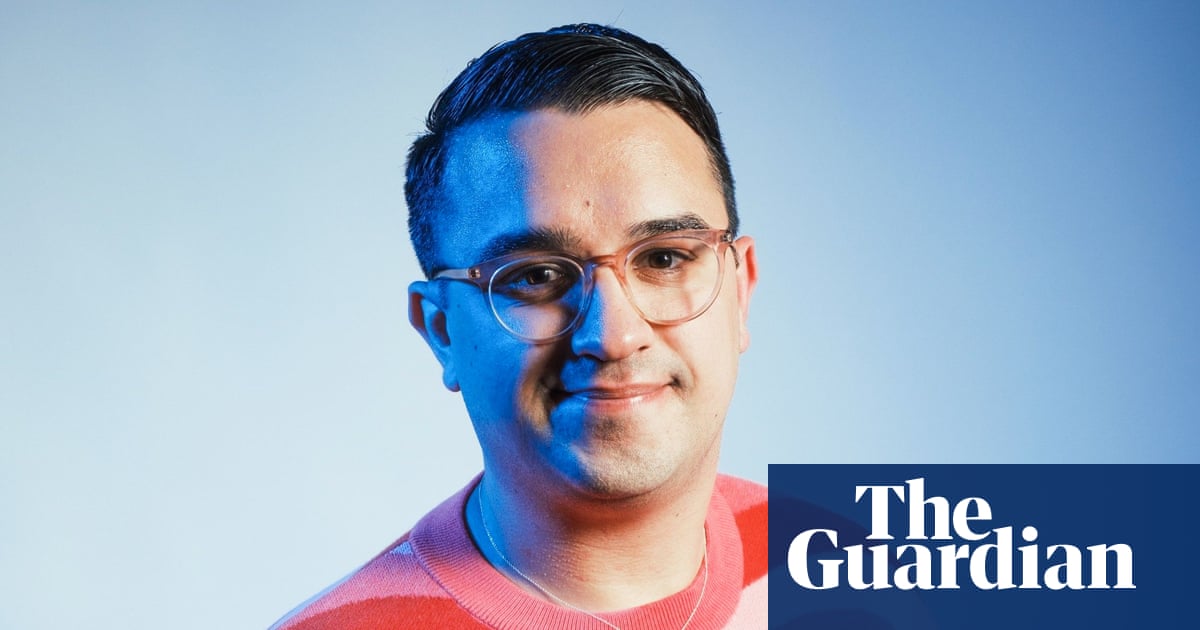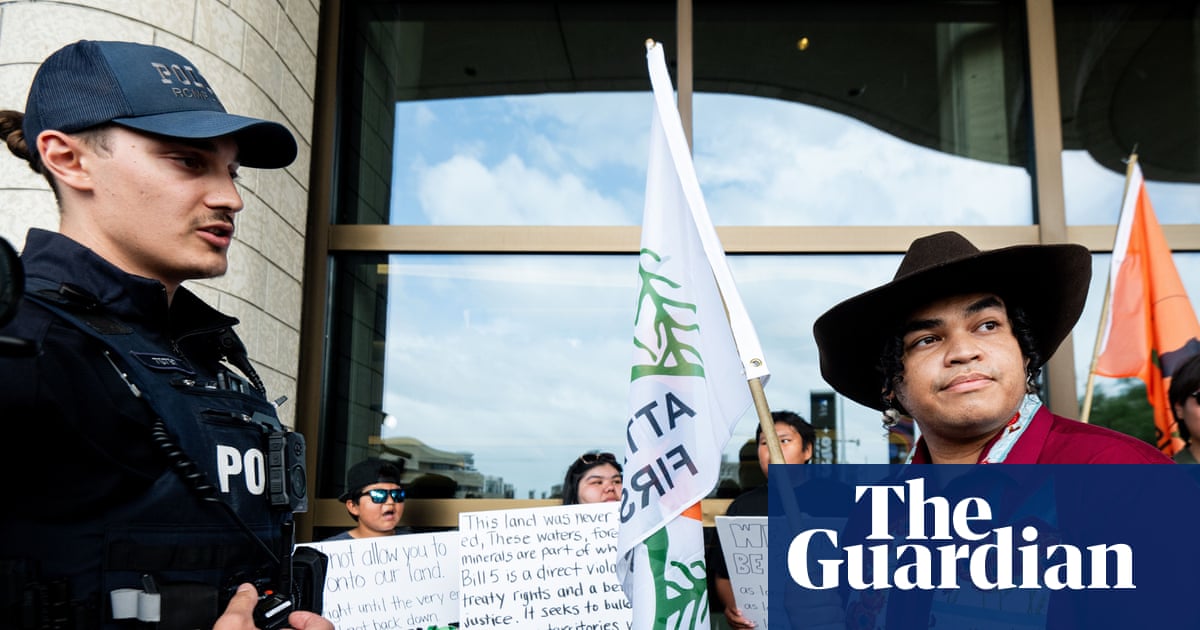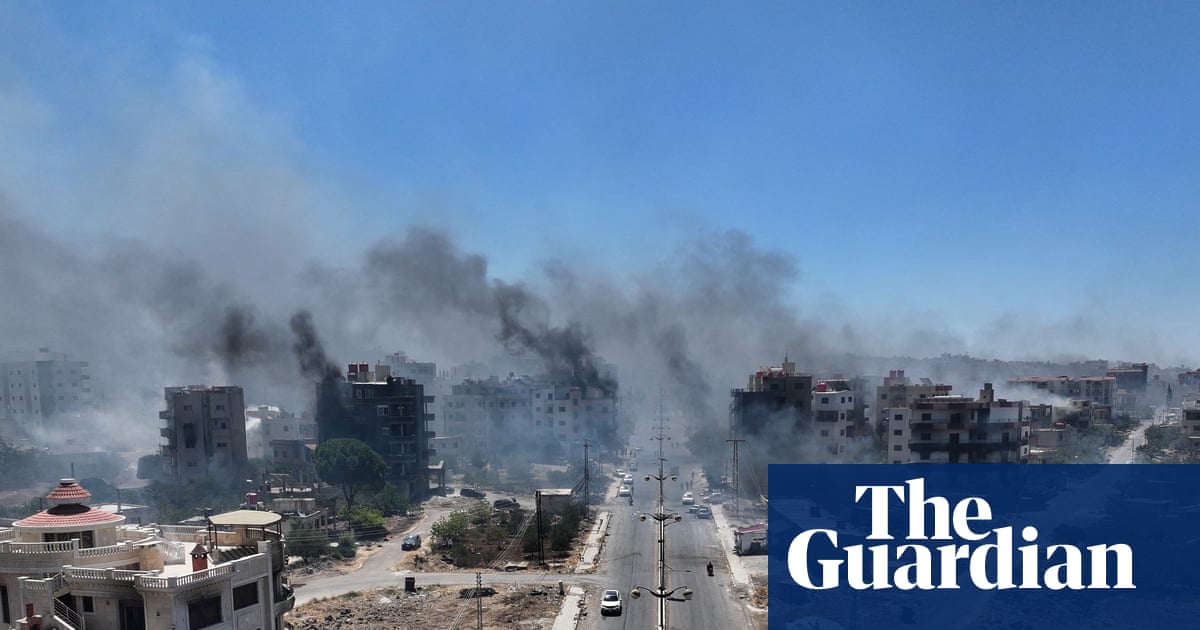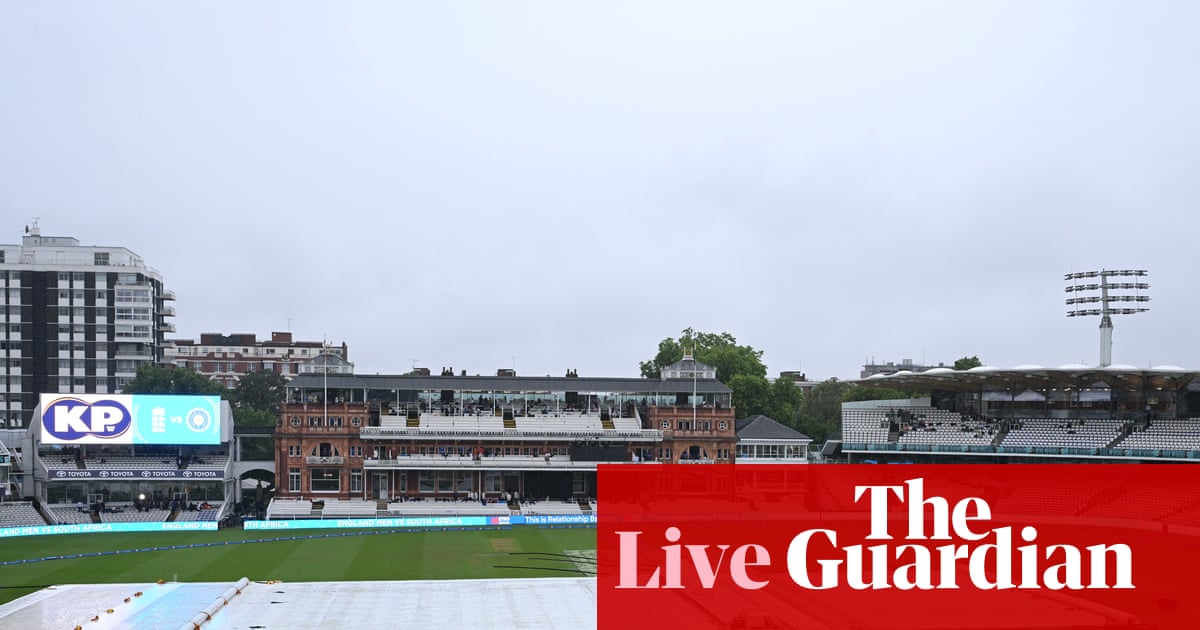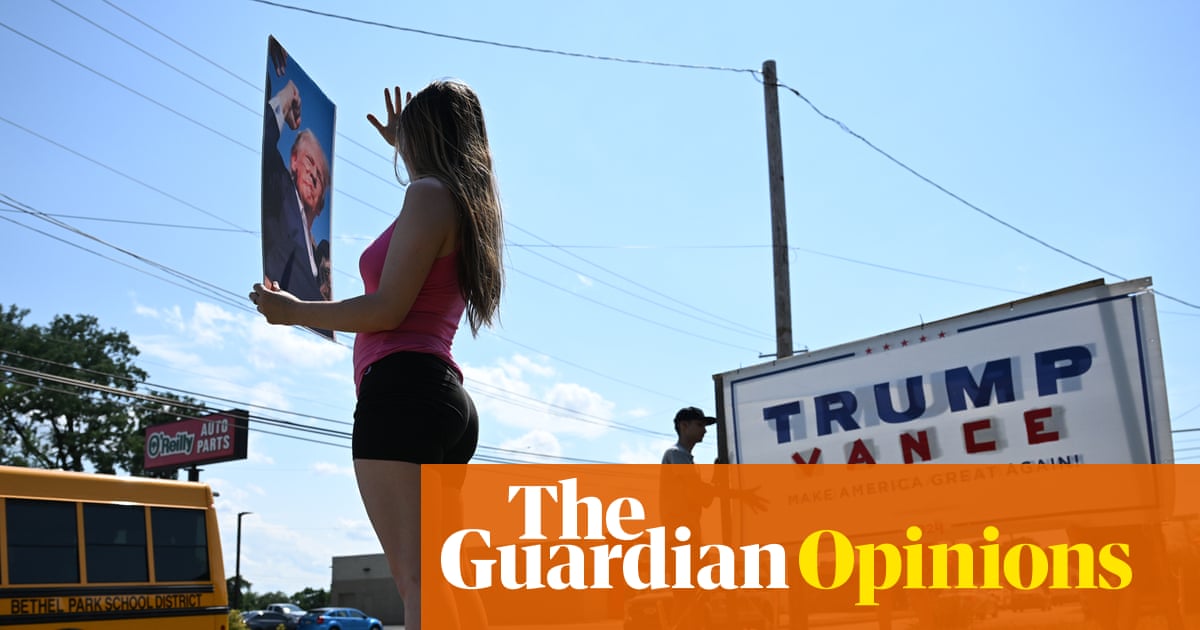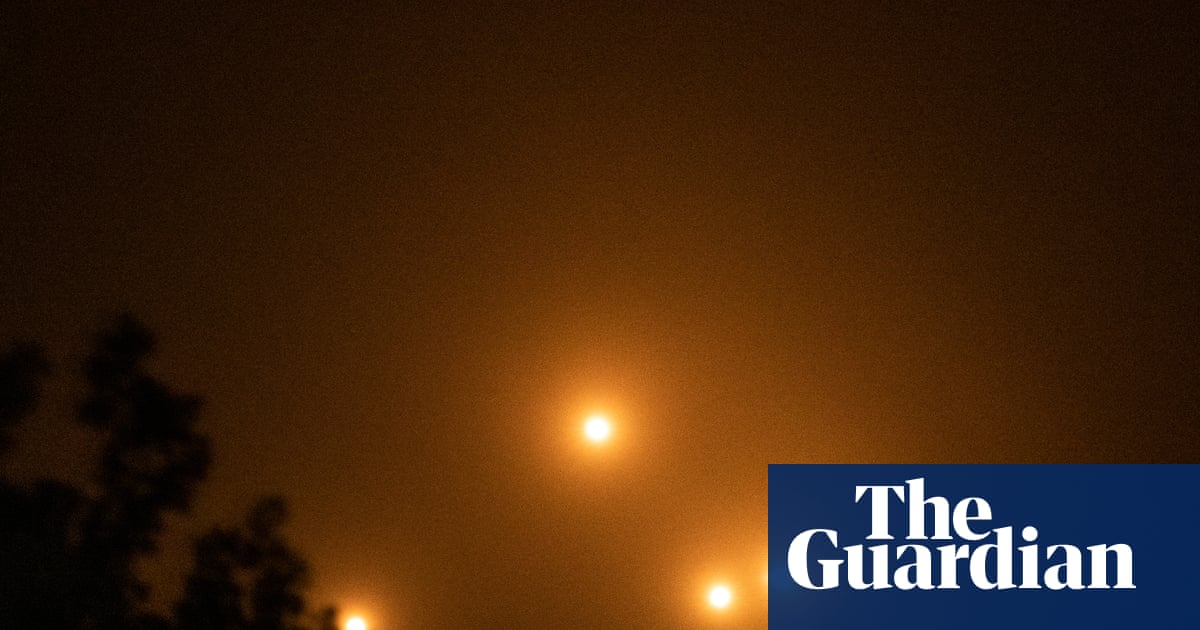Seven months on from Bashar al-Assad’s fall, Syria is descending into yet another wave of bloody sectarian violence.
A local dispute between a Bedouin tribesman and a member of the Druze minority sparked clashes that drew in Syrian government forces and triggered Israeli airstrikes – leaving a trail of bodies in their wake.
The scenes were reminiscent of the coastal massacres of March, when 1,500 mostly Alawite civilians were slaughtered in revenge for a failed assault by fighters loyal to Assad, who came from the sect.
The killings have halted the enthusiasm that abounds over the new Syrian state and are a grim reminder of the momentous challenges it faces in unifying the country after nearly 14 years of brutal civil war.
The Syrian president, Ahmed al-Sharaa – whose Sunni Islamist group led the offensive that ousted Assad – has won the hearts of most of the western world, his success in international diplomacy rivalled only by his stunning battlefield victories. Donald Trump has called him an “attractive, tough guy”, while the EU was swift to bring Sharaa’s Syria out of international isolation.
At home however, progress has been halting. Syria is still deeply divided, and negotiations to integrate the one-third of the country controlled by Kurdish forces has stalled. Talks to fully integrate the Druze-majority province of Sweida, where the current violence is unfolding, have been slow moving.
Sharaa has vowed to protect the country’s minorities and has said repeatedly it is the ethnic and religious diversity of Syria which makes the country so special. In a speech on Thursday, he promised to hold accountable anyone who committed abuses against Druze, emphasising that Syria’s laws “guarantee the rights of all”.
It will take more than a speech, however, to overcome the deep divides that have been carved into Syria over the more than a decade of war.
This week, those divisions were thrown back into the open. The campaign on the ground, which pitted mostly Sunni government forces and allied Bedouin tribes against Druze fighters, was accompanied by brutal hate speech.
In Telegram groups, men traded pictures of Syrian Druze women and joked about sexually assaulting them as tribal forces advanced into the Druze province. Fistfights broke out between Druze and Muslim students in Aleppo, hundreds of miles from the clashes, despite administrators’ protests.
In Sweida, any faith in the Damascus government that had been built up over the last months evaporated as local people emerged to find their loved ones dead, many killed brutally. One local man said he would rather “die with dignity” than join the new Syrian state, after his uncle was killed.
As soon as Syrian government forces withdrew on Thursday, Druze militias launched revenge attacks against Bedouin families, once again reigniting fighting between the two groups.
The ability of the new Syrian state to mend the country’s social fabric is in question. The country’s new army, a patchwork of militias, seems to run wild whenever deployed. During the coastal massacres in March and this week’s violence in Sweida, government-affiliated forces filmed themselves as they abused civilians.
In the face of violence, some of the Druze leadership in Sweida refused to lay down their weapons and suggested that force would not bring them into the fold of the new Syrian state.
Complicating things is the involvement of Israel, which has styled itself as the protector of Syrian’s Druze, seemingly without asking them first. In the past, Israel relied on Russia to help maintain a buffer zone from its border with Syria, the threat then being Iranian-backed forces. It had little problem with Assad himself, affectionately referred to by Israeli analysts as “the devil we know”.
Now, Israel finds itself without a trusted partner in Syria. It has seized on the Syrian Druze as a pretext for renewed military intervention and its continued presence in southern Syria. Since Assad’s fall, Israel has occupied wide swathes of Syrian territory. This week, it resumed airstrikes, hitting the Syrian defence ministry in Damascus and dozens of Syrian military targets in the south.
Many Druze resent Israel’s suggestion of patronage, fearful it will further isolate them in a country where Israel is despised.
It also unclear how the Israeli military intervention will affect the ties between Tel Aviv and Damascus which, with US prodding, had been warming over recent months. Syria’s president had even suggested eventually normalising relations with Israel – something that now seems far off.
The US envoy to Syria, Tom Barrack, said in an interview with the New York Times in early July that progress on democratisation and inclusivity were not part of the US criteria for its relations with Damascus. He further condemned past US attempts at “nation building” and meddling in the internal affairs of countries in the Middle East.
“Everyone in this neighbourhood only respects power, and President Trump has established America’s power as a precursor to peace in spades,” Barrack said.
Experts, however, have stressed that it is only dialogue, not power, that will bring peace to Syria.
On Friday, 57 Syrian civil society organisations signed a letter calling on Syria’s new authorities to redouble their efforts to achieve transitional justice and ensure accountability for the sectarian violence in Sweida and elsewhere.
The letter noted that the government had still not released the results of an investigation meant to ensure accountability for the coastal massacres in March, which was due in early July.
In Sweida, clashes continued, as Bedouin tribes mobilised to invade the Druze province, burning houses as they went. Calls for an end to the fighting were ignored, dragging Syria deeper into the cycle of violence.

 6 hours ago
5
6 hours ago
5

